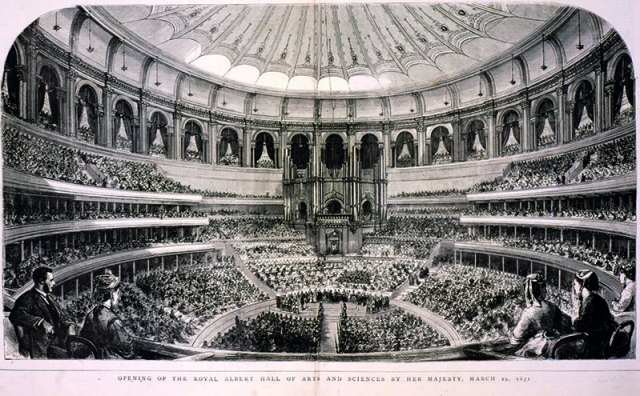A land without music?
Historian article

It is sometimes said that England was a ‘land without music’ in the eighteenth and nineteenth centuries – not so, according to David Fleming.
‘Between the age of Purcell and that of Elgar and Parry, we had to do without much musical life in our country.’ Or so wrote Simon Heffer in the Daily Telegraph back in 2017. This view still holds. The lack of a really outstanding native-born English composer for nearly two centuries has led to the idea that England was ‘A Land Without Music’, a phrase coined by a German critic in 1904, so perhaps not an unbiased view.
This generally received wisdom is wrong on two counts. Firstly, because it ignores Britain’s greatest composer of all, Handel, who became a naturalised British citizen in 1727, and lived here until his death in 1759. Secondly, because from his time until the rise of Elgar – some would say Britten – while we may have been a land without composers of the first rank, we were, in fact, a land alive with music. Of all kinds. So too Scotland, Wales and Ireland. Their native musical and dance traditions – when the English were not trying to suppress them – deserving of a separate study...
This resource is FREE for Historian HA Members.
Non HA Members can get instant access for £2.49

